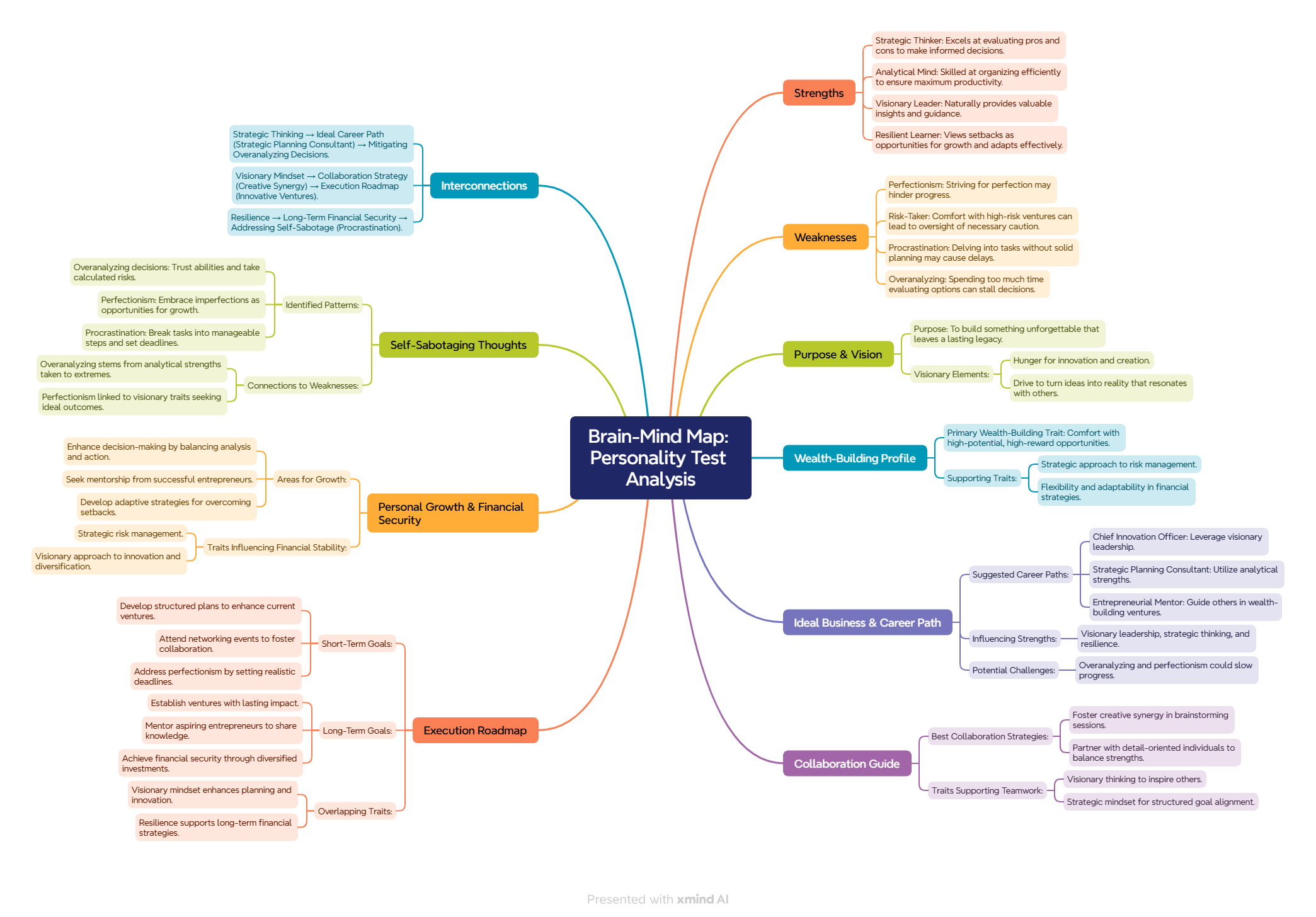Hormonal Imbalances: Causes and Effects
Hormonal imbalances occur when the body’s endocrine system produces too much or too little of a hormone, leading to a range of physical and emotional symptoms. These imbalances can significantly affect reproductive health in both men and women. The causes of hormonal imbalances can be multifaceted; some common contributors include stress, diet, and environmental factors. Stress is particularly influential, as it triggers the production of cortisol, which can disrupt the levels of other hormones like estrogen, progesterone, and testosterone.
Nutritional deficiencies also play a crucial role in hormonal regulation. A diet lacking in essential nutrients, for instance, can lead to deficiencies in vitamins and minerals that are critical for hormone production. Processed foods, high sugar, and excessive caffeine can all exacerbate these imbalances. Additionally, environmental factors such as exposure to endocrine-disrupting chemicals found in plastics and personal care products can interfere with normal hormonal functioning, leading to reproductive health issues.
The symptoms associated with hormonal imbalances can vary significantly between genders. In women, they may manifest as irregular menstrual cycles, mood swings, or symptoms of PMS, while men may experience fatigue, changes in libido, and even erectile dysfunction. These changes can impact not only reproductive health but also general well-being, affecting psychological health and overall life satisfaction.
When it comes to addressing hormonal imbalances, various treatment options are available. Medical professionals may recommend lifestyle adjustments, such as incorporating a balanced diet rich in whole foods, regular physical activity, and stress management techniques like mindfulness or yoga. In some cases, hormone replacement therapy or medications may be necessary to restore hormonal equilibrium. By understanding the causes and effects of hormonal imbalances, individuals can take proactive steps to enhance their reproductive health and overall quality of life.
Polycystic Ovary Syndrome (PCOS): Overview and Management
Polycystic Ovary Syndrome (PCOS) is a common endocrine disorder affecting individuals of reproductive age, characterized by a combination of symptoms that can significantly impact health and fertility. The hallmark features of PCOS include irregular menstrual cycles, excessive androgen levels resulting in hirsutism, and polycystic ovaries observed through imaging techniques. The exact cause of PCOS remains unclear, but it is believed to involve a complex interplay of genetic, hormonal, and environmental factors.
One of the primary challenges associated with PCOS is its potential impact on fertility. Women with this condition often experience ovulatory dysfunction, which can lead to difficulties conceiving. Additionally, the hormonal imbalances associated with PCOS may increase the risk of complications such as insulin resistance, type 2 diabetes, and cardiovascular issues. Given these implications, early diagnosis and management of PCOS are crucial for mitigating long-term health risks.
Management strategies for PCOS typically encompass lifestyle modifications, pharmacological interventions, and, when necessary, fertility treatments. Higher emphasis on a balanced diet and regular physical activity can help regulate menstrual cycles and improve insulin sensitivity. Weight loss is often recommended for those who are overweight, as even modest reductions can lead to significant improvements in symptoms. Medical management might include hormonal contraceptives to regulate periods and lower androgen levels, anti-androgens, and insulin-sensitizing agents such as metformin.
For individuals seeking to conceive, fertility treatments such as ovulation induction with medications like clomiphene citrate or gonadotropins may be necessary. In some cases, assisted reproductive technologies like in vitro fertilization (IVF) could be considered if other methods fail. Overall, the management of PCOS requires a personalized approach, underscoring the importance of consulting healthcare professionals to devise an effective plan tailored to individual needs and health goals.










